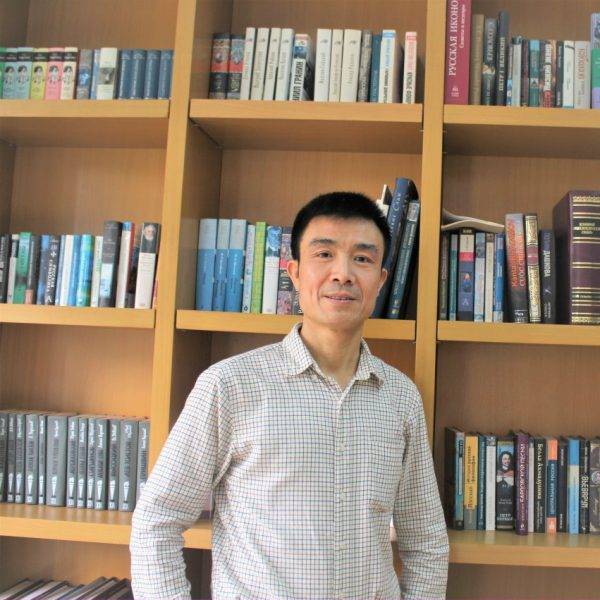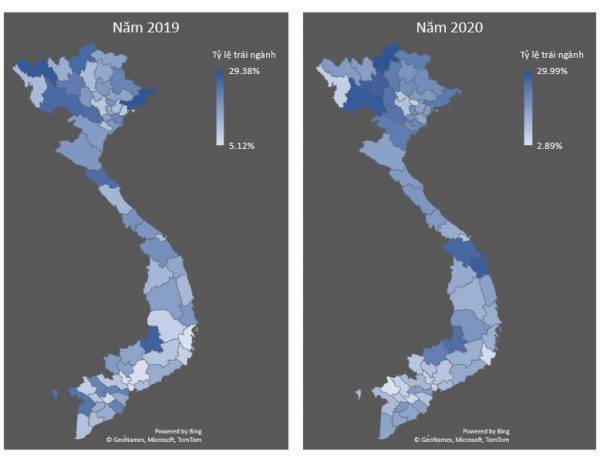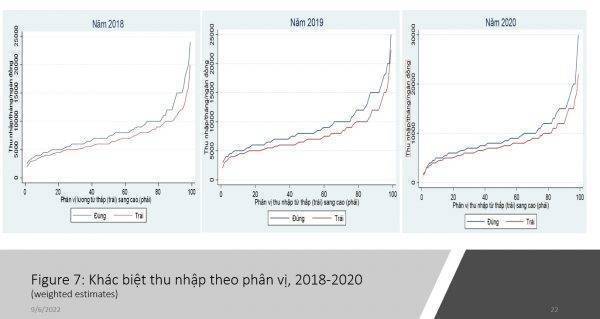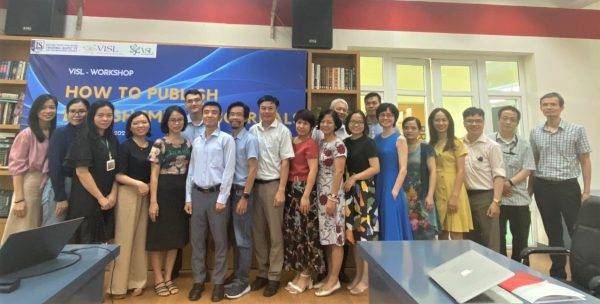On August 31, 2022, the International School – Vietnam National University Hanoi (IS-VNU) held a scientific seminar on the topic “job mismatch of business and management bachelors in Vietnam.”
The speaker is Dr. Tran Quang Tuyen – an expert and lecturer in the Faculty of Economics and Management. Dr. Tran Quang Tuyen is one of the six leading scholars of VNU on socio-economic fields, such as poverty, inequality, and corruption. The seminar has attracted the attention of many scientists and lecturers inside and outside VNU.

Dr. Tran Quang Tuyen – an expert and lecturer in the Faculty of Economics and Management.
The topic of the discussion is one of the burning issues in the world and Vietnam. At the talk, Dr. Tran Quang Tuyen highlighted the problem related to the current unprofessional work of Vietnamese bachelors. Specifically, the job mismatch of Vietnam’s bachelors fluctuates around 20-67%, corresponding to different majors. The highest job mismatch rate is in agriculture, forestry, and fishery, with about 67%. Meanwhile, a bachelor’s degree in business and management has the lowest mismatch rate, with about 20%. Obviously, the high mismatch rate is one of the burning problems, reflecting a low ability to connect between supply and labor demand in reality for the higher education system in Vietnam.

The job mismatch rate across Vietnam’s provinces, calculated for workers with a bachelor’s degree in Business and Management.
There are many issues related to this topic, among which salary is one of the main concerns. Whether working out of major have an impact on wages or not. To answer this question, Dr. Tran Quang Tuyen pointed out that given the job mismatch situation, a worker receives wages lower, on average, by 9-17% than those without job mismatch from 2018 to 2020. These results are in the process of being published in prestigious international journals.

Given all salary quantile levels, the salary of the job mismatch group is always lower than those working in the correct major,
recorded in the business and management bachelors.
Within the framework of the seminar, the participants enthusiastically discussed (i) the novelty and value of this research in Vietnam; (ii) the representative of data, such as how to determine sample size and select the proper observations; (iii) challenges in implementing pilot and subsequent formal research on this topic; (iv) data processing methods and reliability of research data; (v) practical implications for Vietnamese businesses. The results suggest many solutions for educational reformation, sector planning, and issues associated with coordinating higher education institutions and employers in Vietnam.

The speaker took a photo with the panelists.
In the coming time, the International School will continue conducting seminars on various topics to share and connect in teaching and scientific research among faculty members and scholars.
News: Dao Le Van
Photo: Phan Bao Trung
Faculty of Economics and Management
